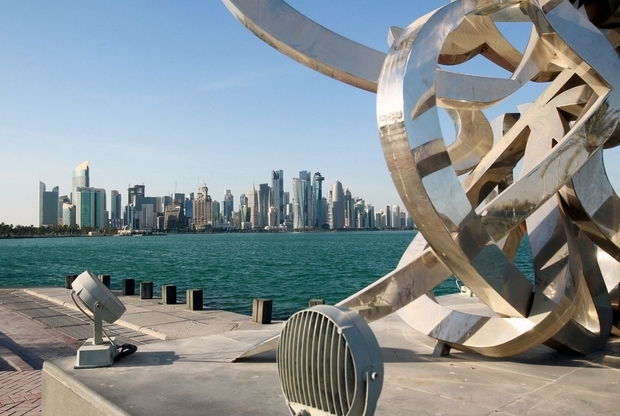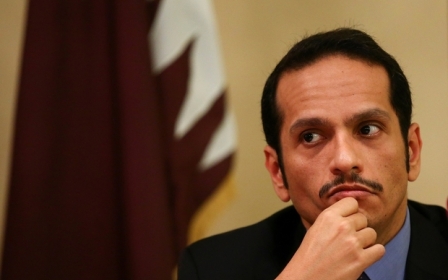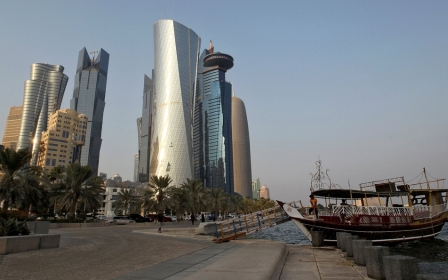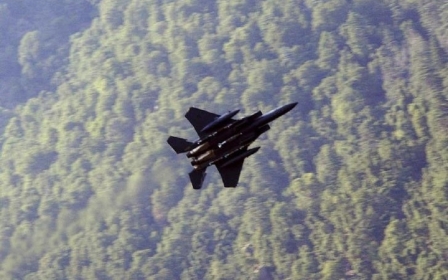Iran, Turkey sign deal with Qatar to ease Gulf blockade

Iran and Turkey signed a deal on Sunday with Qatar aimed at boosting commercial ties with the Gulf state that is under blockade by its Arab neighbours, Iranian state television said.
The broadcaster's website said the agreement provides for the creation of a "joint working group to facilitate the transit of goods between the three countries".
It also said the three nations aim to tackle "obstacles to sending goods from Iran and Turkey to Qatar".
Qatar's relationship with Shia-dominated Iran, seen as the major rival to Sunni-ruled Saudi Arabia in the Middle East, is one of the major factors underpinning the crisis between Qatar and its former allies.
Saudi Arabia, Bahrain, the United Arab Emirates and Egypt all cut ties with Qatar in June, accusing Doha of backing extremism and fostering ties with Iran, charges that Qatar denies.
Saudi policies have divided the Gulf states by “attacking Qatar without an exit strategy,” Qatar’s Foreign Minister Mohammad bin Abdulrahman al-Thani said recently in London.
'Stability of region'
“It has all been counterproductive to the stability of the region,” he said.
The World Trade Organisation last week agreed to hear Qatar's complaint against the United Arab Emirates over the blockade.
Qatar turned to the WTO in August, insisting it was the victim of an "illegal siege" perpetrated by Saudi Arabia, the United Arab Emirates and Bahrain.
Since the crisis erupted, Iran and Turkey - whose relations have warmed considerably in recent months - have sought to help break Qatar's isolation, including by increasing food exports to the emirate.
New MEE newsletter: Jerusalem Dispatch
Sign up to get the latest insights and analysis on Israel-Palestine, alongside Turkey Unpacked and other MEE newsletters
Middle East Eye delivers independent and unrivalled coverage and analysis of the Middle East, North Africa and beyond. To learn more about republishing this content and the associated fees, please fill out this form. More about MEE can be found here.




